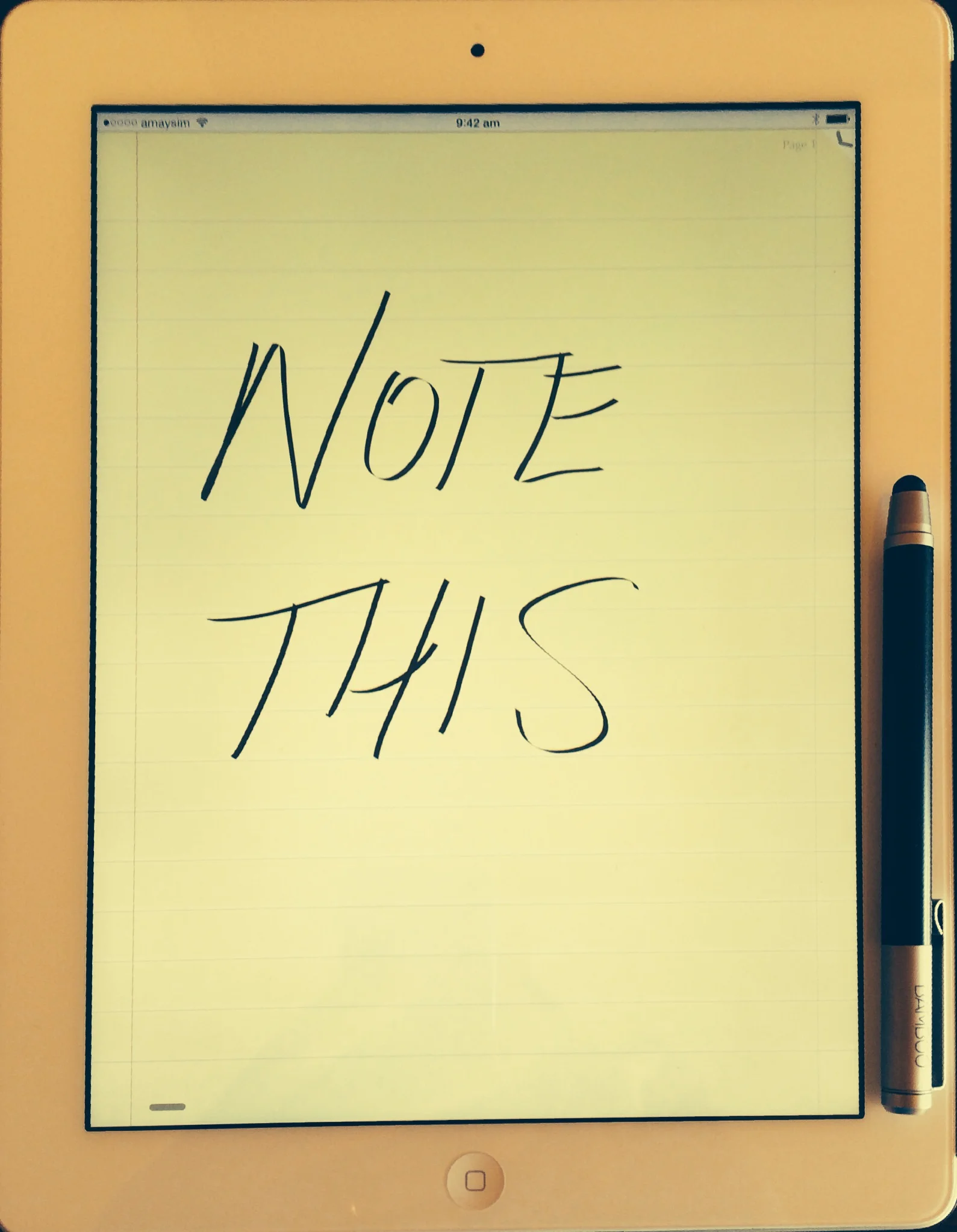Recently I was helping one of my daughters with an English essay she was writing. She’s a terrific creative writer, but can get stuck from time to time – as we all do. As it turned out, I was a fairly stuck myself on one of my own pieces of ghostwriting work. And, as so often happens, helping someone else was just what I needed to help me realise the error of my own ways.
Between the two of us, my daughter and I had become bogged down in two of the most common quagmires a writer can find themselves in.
I’ll deal with one of these forms of block this week, and the other next time.














